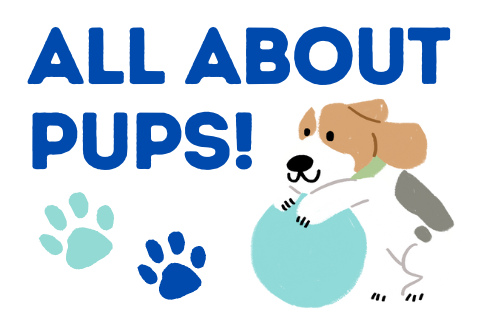What is Tylan Powder?
Tylan powder is an antibiotic used to treat a variety of bacterial infections in animals. It contains the active ingredient tylosin, an antibiotic belonging to the macrolide group that helps kill off susceptible bacteria.
Tylan powder can be administered orally or topically and is typically prescribed for respiratory diseases such as bronchitis, tracheobronchitis, and pneumonia; for skin infections such as pyoderma; and for intestinal infections such as colibacillosis.
To ensure optimum effectiveness, it’s important to follow your veterinarian’s instructions carefully when administering Tylan powder. This includes giving the proper dosage and monitoring your pet closely during treatment for any adverse reactions. While effective in treating bacterial infections, Tylan powder should not be used to treat viral infections such as canine parvovirus. It is also not recommended for pregnant animals.
Speak with your veterinarian before using Tylan powder on any animal. Overall, Tylan powder can be an effective treatment for a variety of bacterial infections in animals when used appropriately and according to the directions of your veterinarian.
If you have any questions or concerns regarding your pet’s health, please contact your local veterinarian immediately.
